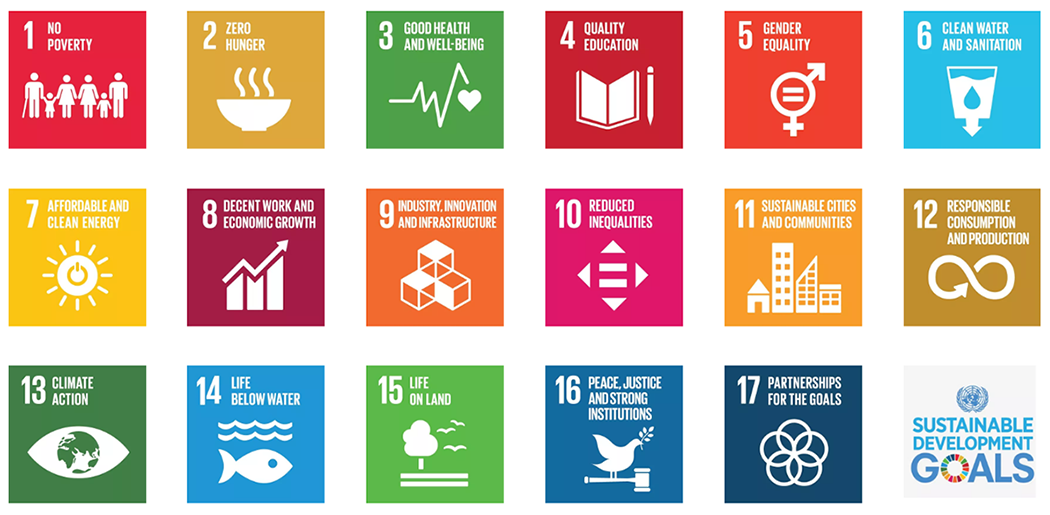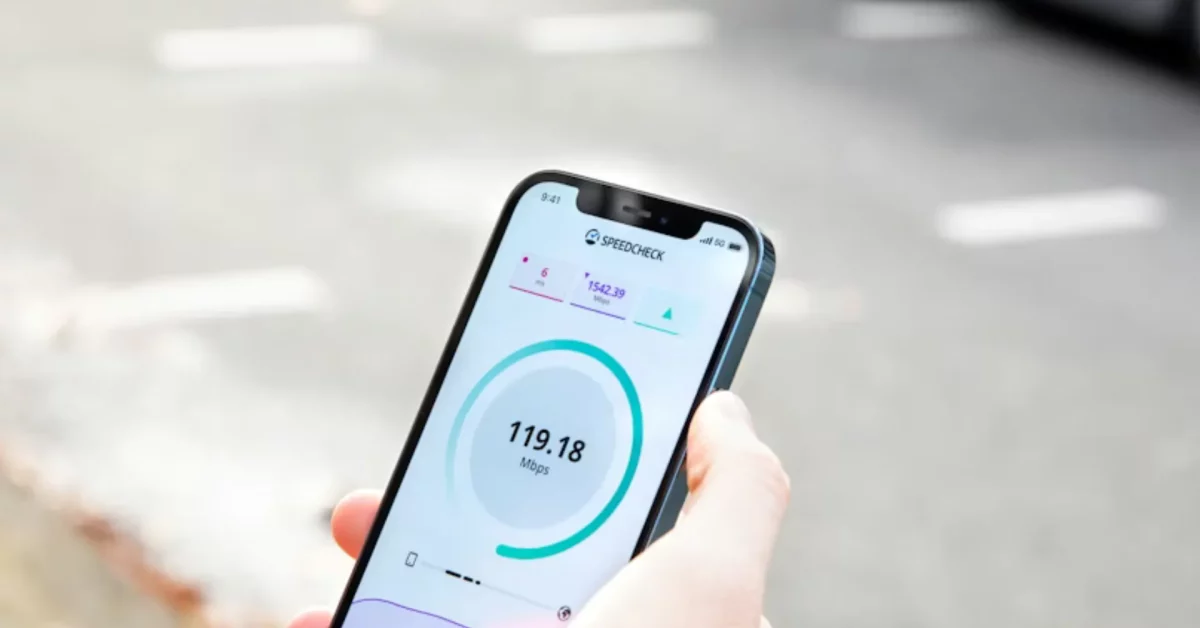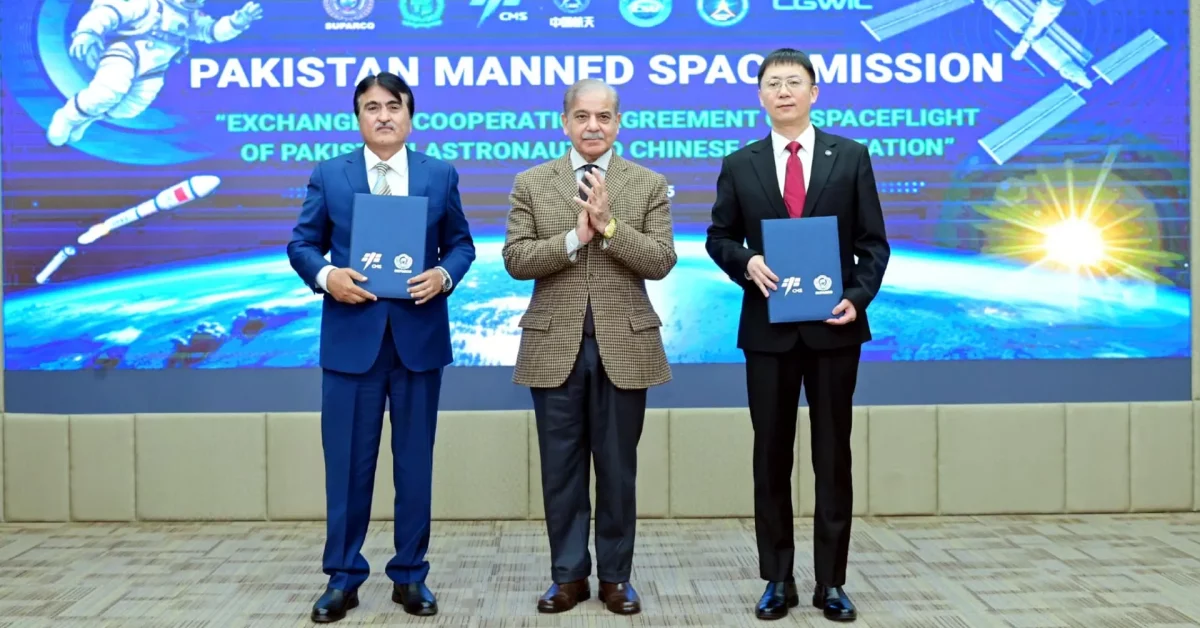
Interactive Workshop on Digital Sectoral Verticals | Event
October 9, 2018
Digital Sectoral Verticals Workshop | Event
November 9, 2018Using Technology to Achieve SDGs in Pakistan

The UN’s Sustainable Development Goals (SDGs) are a series of 17 Global Goals with the aim to unite governments across the world to commit to end poverty, protect the planet, and to ensure peace and prosperity.
Despite Pakistan’s commitment to adopt these Goals, the country has fallen behind on delivering the key targets for different goals:
- Goal 1: No Poverty (Case in point: Poverty percentage ranges from the highest 73.7% in FATA to lowest 25% in Azad Jammu and Kashmir)[1]
- Goal 3: Good Health and Well-being (Case in point: Pakistan fell even further below on the maternal mortality ratio index from 147 in 2014 to 149 in 2015)[2]
- Goal 4: Quality Education (Case in point: 20% of children between ages 6 and 16 are out-of-school while remaining 80% are not being served with adequate learning methods)[3]
- Goal 5: Gender Equality (Case in point: Pakistan ranked second last amongst 145 countries on the Gender Gap Index 2015)[4]
- Goal 8: Decent Work and Economic Growth (Case in point: Over 70% of Pakistan’s economy is informal, with women being under-represented within this domain)[5]
- Goal 10: Reduced Inequalities (Case in point: The richest 10% of Pakistan’s population pays 10% of their income in indirect taxes while the poorest 10% pay 16% on the same)[6]
- Goal 11: Sustainable Cities and Communities (Case in point: About 50% of the population of one of the biggest metropolitan cities of Pakistan lives in slum settlements)[7]
In today’s world, technology is the equalizer. It is the catalyst to achieve the targets set forth by the SDGs. Connectivity, particularly through mobile technology, is a faster way to reach these targets. More than half of the world population uses a smartphone, while almost two-thirds has a mobile phone. Furthermore, more than half of the world’s web traffic comes from mobile phones.
In Pakistan, the recent increase in smartphone penetration coupled with improving 3G and 4G access are key enablers to allow the country to digitalize, reduce the digital divide, and ultimately make progress on achieving the SDG goals. Telcos in particular have the opportunity to reach the masses across Pakistan and focus on different sectors like health, education, agriculture, and financial services prosper.
Telcos like Jazz, are undertaking initiatives by bringing innovative products and digital solutions to masses. As part of its mission to help the Government of Pakistan achieve the SDG targets, Jazz is working on several projects:
- Jazz Smart Schools Program is a smart, digitally driven learning solution that overtakes the usual learning methodology in public schools. SDGs addressed: 4 – Quality Education, 5 – Gender Equality, 9 – Industry, Innovation and Infrastructure
- Jazz partnered with the Ministry of IT and TeamUp to set up the National Incubation Center. Under Jazz xlr8 program, startups are given mentoring, resources, and participation at 4YFN at GSMA’s MWC Barcelona. So far, 2 cohorts have graduated till now. SDGs addressed: 1 – No Poverty, 5 – Gender Equality, 8 – Decent Work and Economic Growth, 9 – Industry, Innovation and Infrastructure
- Launch of the Bakhabar Kissan app, providing connectivity to buyers and sellers along with ensuring transparency and price discovery. More than 1.2 million active subscribers are using the app. SDGs addressed: 8 – Decent Work and Economic Growth, 10 – Reduced Inequalities
- Mobile financial services through JazzCash originated from international remittances and bill payments and emerging to e-Commerce and mobile wallets. More than 2 million active users are utilizing this service. SDGs addressed: 5 – Gender Equality, 8 – Decent Work and Economic Growth, 11 – Sustainable Cities and Communities
While these initiatives are delivering on some tangible positive outcomes, the bottom-up, initiative-led approach, fragmented nature of these initiatives does not ensure sustainability in the long run. Instead, a holistic approach towards a digital vision and governance, or an overall policy and execution framework for digitalization is required. There is a dire need for a holistic approach to policy making and execution which brings together all stakeholders under one roof for the common agenda of improving the life of masses and attain SDGs.
The Accelerate to the Digital State report suggests a series of steps that the Government can take to expedite the digitalization process in Pakistan.
To help Pakistan achieve SDGs, it is the responsibility of all individuals of a society, all institutions, and all parties to participate in the process of policy formulation and execution. Every sector of a society, public or private, has a role to play and every role is significant to the agenda of achieving SDGs.
[1] “Goal 1: Ending Poverty, Pakistan’s Challenges: Sustainable Development Goals 2015-2030”, Dawn, Retrieved on September 20, 2017 from: https://www.dawn.com/news/1284960/pakistans-challenges-sustainable-development-goals-2015-2030
[2] “The Poor State of Pakistan’s Healthcare System”, Dawn, Retrieved on September 18, 2017 from: https://www.dawn.com/news/1285181/the-poor-state-of-pakistans-healthcare-system
[3] “Right to Education: Where Do We Stand?”, Dawn, Retrieved on September 15, 2017 from: https://www.dawn.com/news/1285411/right-to-education-where-do-we-stand
[4] “Broken Promises: Why Women And Girls Are Denied Rights”, Dawn, Retrieved on September 21, 2017 from: https://www.dawn.com/news/1285636/broken-promises-why-women-and-girls-are-denied-rights
[5] “When Employment Sustains Growth”, Dawn, Retrieved on September 13, 2017 from: http://www.dawn.com/news/1286219/when-employment-sustains-growth?preview
[6] “Pakistan’s Casino Economy: A Blueprint For Inequality”, Dawn, Retrieved on September 21, 2017 from: https://www.dawn.com/news/1286226/pakistans-casino-economy-a-blueprint-for-inequality
[7] “What Will Our Growing Megacities Look Like?”, Dawn, Retrieved on September 14, 2017 from: https://www.dawn.com/news/1286233/what-will-our-growing-megacities-look-like.






